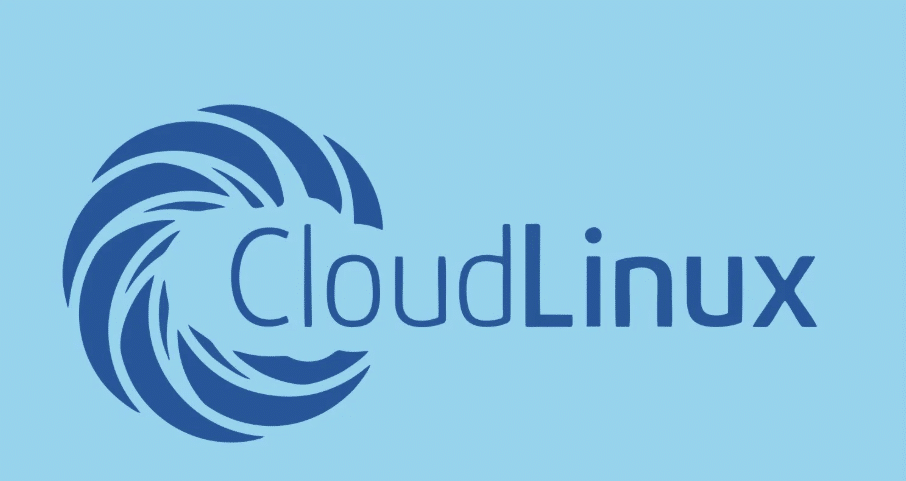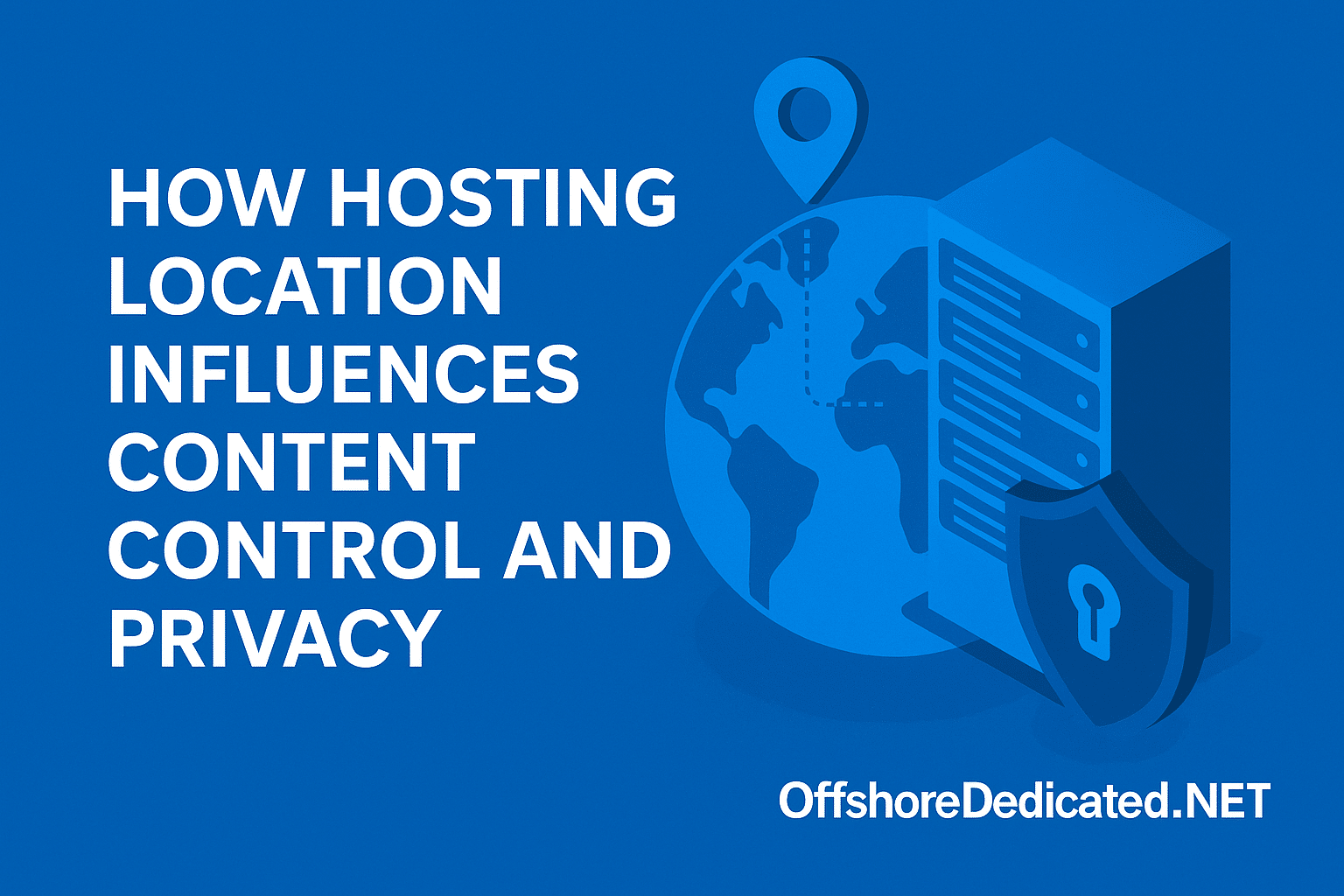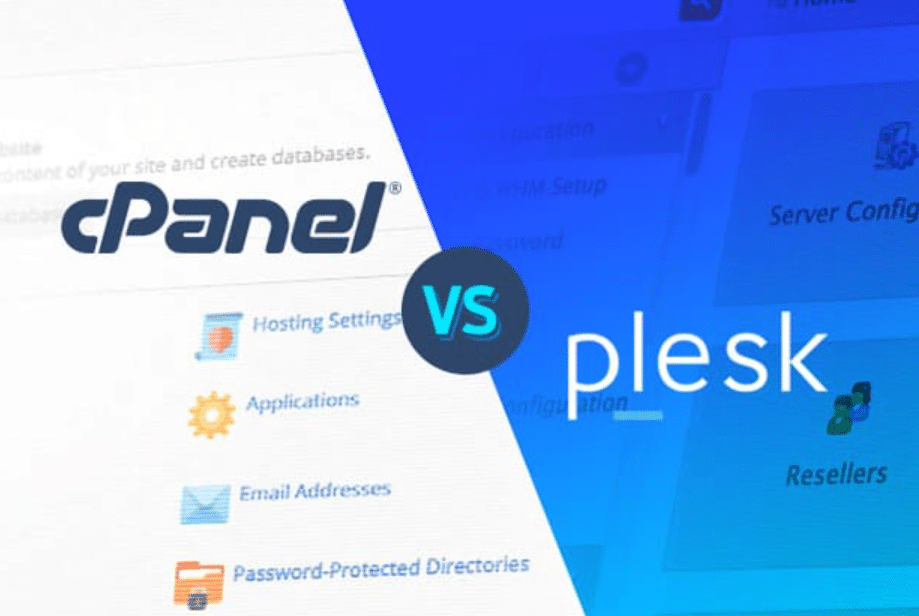Introduction to CloudLinux
Shared hosting providers are responsible for server reliability, maintenance, and delivering peak performance for every user. CloudLinux’s solution specifically addresses the stability, security, and performance excellence of server environments in shared hosting environments.
The operating system has been developed exclusively to resolve the requirements of shared hosting situations. By isolating each user into their environment, CloudLinux ensures that no single account can negatively impact others on the same server. Such a setup eliminates typical server problems where resource consumption and performance problems arise from the activities of a single user.
CloudLinux uses Lightweight Virtual Environment (LVE) technology to allocate specific resources to each account, like CPU and memory. A protective measure LVE provides blocks any account from dominating server resources, a leading concern in regularly shared hosting arrangements.
The segmentation under LVE delivers two benefits: improving server reliability and providing each account with an equitable distribution of server resources, producing better system performance.
Apart from resource management, CloudLinux provides its users with advanced protection systems. The virtual file system protection created by CageFS works by enclosing every user to keep them separated from other active users on the server.
Virtual file system zones that CageFS creates lead to vital security measures that protect users from being attacked through their account vulnerabilities.
CloudLinux also seamlessly integrates with popular control panels like cPanel, Plesk, and DirectAdmin. Server management automation becomes smoother through this feature because hosts receive familiar user interfaces. CloudLinux serves web hosts better than other options because it provides them with comprehensive support features to develop optimal shared hosting solutions.

Improved Stability and Performance
CloudLinux’s main advantage is that it delivers stable servers. Traditional shared hosting setups often suffer when a single account consumes excessive resources, affecting the overall server performance.
CloudLinux addresses this issue by implementing Lightweight Virtual Environment (LVE) technology. LVE assigns specific CPU and memory resources to each account, ensuring no single user can monopolize server resources. Server performance stability improves because users cannot detrimentally affect the server operation.
CloudLinux’s resource management system distributes power equally among users, enabling faster website loads and better user performance. Through its platform service distribution method,, Bordeaux contributes to improved dependability and performance for clients served by hosting providers. Both performance quality maintenance and maximum utilization periods require equal resource distribution throughout the system.
CloudLinux successfully controls traffic surges because this functionality is a core operational component. In a shared hosting environment, sudden traffic surges can disrupt service for all users on the server.
CloudLinux mitigates this risk by isolating each account’s resources, preventing any user’s traffic surge from affecting others. The high-performance capabilities of cloud hosting are helpful for websites that face fluctuating visitor traffic since they provide constant performance outcomes.
CloudLinux functions as an elite solution that enables hosting providers to provide dependable and high-performance shared hosting services. The isolated resource management system maintains equal and uniform hosting conditions that benefit each system user.
Enhanced Security Features
CloudLinux’s security features establish themselves through advanced protection mechanisms that safeguard user accounts and their maintained data. The security framework of CloudLinux includes CageFS, which creates virtualized file systems that protect users by enabling per-account separation to stop unauthorized access between accounts.
In addition to CageFS, CloudLinux offers SecureLinks, which protects against symlink attacks. Attackers trying to generate symlinks for essential files can threaten shared hosting systems. SecureLinks blocks attempts at symlink attacks, thus protecting users’ demanding data from unauthorized modification.
CloudLinux also features HardenedPHP, a security measure that ensures older, unsupported versions of PHP receive critical security updates. This is particularly important as many web applications rely on PHP, and using outdated versions can expose vulnerabilities. HardenedPHP mitigates this risk by backporting security fixes, allowing users to run legacy applications without compromising security.
CloudLinux provides users with the security solution KernelCare. Users can utilize live kernel patching through the system to perform security updates to their server’s kernel without rebooting.
Newly discovered vulnerabilities are continuously protected because the security tool minimizes server downtime. The security of the server environment depends on updated kernels, which KernelCare enables users to manage effortlessly and efficiently.
CloudLinux’s security features work together to deliver an extensive defence system for protecting shared hosting conditions. A proactive security framework permits hosting providers to provide safer service to their clients while maintaining the protection of user data. CloudLinux implements these tools to substantially improve the general security condition of shared hosting servers.

Resource Allocation and Limits
CloudLinux excels at managing resource distribution through its use of LVE technology. CloudLinux distributes system resources equitably by limiting CPU utilisation, memory consumption, and connection thread counts per user. This prevents any single account from consuming an undue amount of resources, which could degrade performance for others.
Hosters benefit from these quantitative boundaries, which yield value to their end-user customers. Resource limitations allow hosting companies to manage superior server performance by operating a higher number of accounts in reduced areas. For users, resource limits mean their website performance remains consistent, even if other accounts on the server experience traffic spikes or other resource-intensive activities.
Additionally, CloudLinux includes MySQL Governor, a tool designed to monitor and manage MySQL usage. MySQL Governor tracks resource-heavy accounts and regulates them automatically to ensure all users enjoy steady operations. This tool benefits the resource-intensive database by protecting server performance from single-user resource usage.
CloudLinux’s resource allocation features also help in managing I/O usage. With its IO Limits feature, CloudLinux sets boundaries on how many disk input/output operations each user can perform. To prevent server-wide slowdowns the system needs disk operation scheduling which ensures that only one user does not gain control over all disk actions.
To achieve this balanced and efficient hosting service, CloudLinux implements resource management techniques that protect servers from negative user impacts. Users obtain highly reliable website operations through providers who utilize hosted resources to offer top-quality services to their users.
Compatibility and Support
CloudLinux operates smoothly with different control panels, thus providing web hosting companies with a flexible solution. Its compatibility with cPanel, Plesk, and DirectAdmin ensures that providers can seamlessly incorporate CloudLinux into their existing infrastructure without significant adjustments. The simple integration capabilities benefit providers seeking to preserve their customers’ accustomed and easy-to-use interfaces.
CloudLinux provides its users with a strong and complete support system. Detailed documentation on the platform helps users solve their problems as it allows them to benefit from an actively engaged member base who share information with one another.
CloudLinux provides professional technical support with its platform, enabling users to receive fast solutions for complex problems. Professional and community support networks provide practical assistance, allowing hosting providers and their customers to find immediate solutions for any necessary requirements.
Through regular system updates CloudLinux maintains both security and compatibility features for the latest version. The updates are made simple to deploy without causing interruptions to operational service. When implementing the proactive maintenance strategy server operating hosts achieve better system performance.
The flexibility of CloudLinux extends to its licensing options as well. Hosting providers access multiple licensing plans through CloudLinux that support business requirements at different stages of expansion. CloudLinux demonstrates flexible features that attract hosting providers at any business scale wishing to improve their shared hosting solutions.
The hosting provider market relies on CloudLinux as their base system because it provides multiple pricing schemes and leading control panel support alongside efficient technical assistance.

Conclusion
CloudLinux delivers many benefits that optimize shared hosting systems. Resource management within this system defends servers from individual user actions, which produce performance loss, resulting in more efficient and stable hosting operations. Extensive security features from CageFS and KernelCare make CloudLinux an effective solution for provider protection together with their client networks from digital dangers.
CloudLinux enables hosting providers to keep their user interface familiar through its direct support for cPanel, Plesk, and DirectAdmin control panels during implementation. CloudLinux delivers hosting providers in all sectors with a flexible and scalable platform solution through its strong support architecture combined with its adaptable licensing framework.
The performance enhancement solution CloudLinux delivers exceptional benefits to shared hosting systems, for which it has become the preferred choice.




